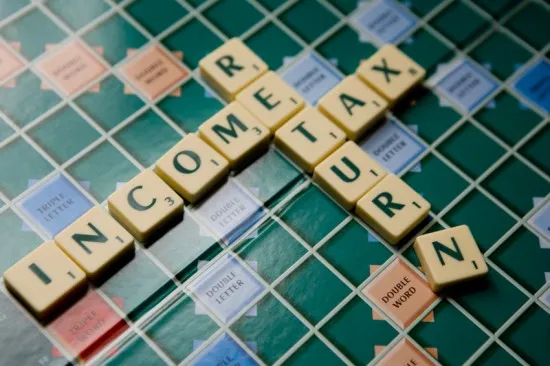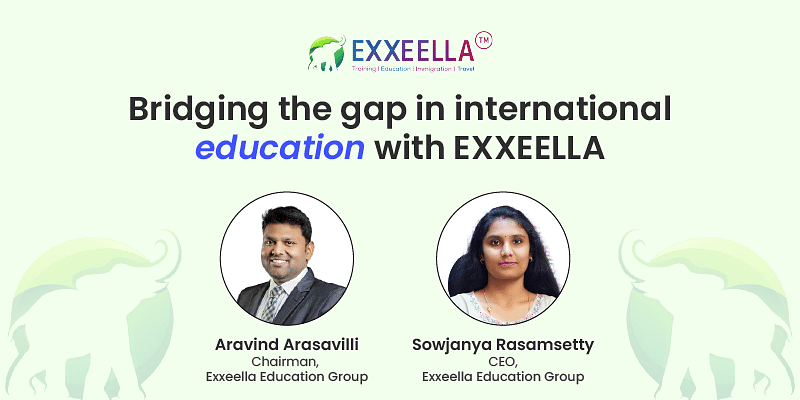Service Tax, VAT and CST - An Overview [Taxation Basics for Startups]

Are you also getting confused about when to charge Service Tax, VAT or CST?? . Our professional experience suggests that Startups especially from the technology domain are a little puzzled about chargeability, rates and other points of taxation of service tax, VAT and CST.This article a continuation of our series on “Taxation Basics for Startups” will try to address these issues.
Difference of Taxability:
Service Tax is a form of indirect tax imposed only on services provided. From the point of view of a layman, providing services means assistance in any work, taking up of any work on behalf of others, any professional assignment or rendering intangible benefits to others.
VAT (Value Added Tax) is a form of indirect tax imposed only on goods sold within a particular state, which essentially means that the buyer and the seller needs to be in the same state. Only when tangible goods and products are sold, VAT can be imposed.
CST (Central Sales Tax) ) is a form of indirect tax imposed only on goods sold from one state to another state, which particularly takes into account that the buyer and the seller needs to be in two different states.
Governing Act:
Service Tax is governed by Finance Act, 1994. It was then when the finance minister brought in taxes on services rendered to reduce the degree of intensity of taxation on manufacturing and trade without forcing the government to compromise on the revenue needs. Service tax does not have any specific act to govern its stipulations.
VAT (Value Added Tax) is governed by respective state Acts. Every state has a separate and distinct VAT act reserved for their state.
CST (Central Sales Tax) is governed by Central Sales Tax Act, 1956. This tax is governed by a single central act, though the chargeability is state specific.
Registration under Act: When Compulsory?
Service Tax registration is a function of gross turnover. Once the turnover of the assessee crosses a threshold limit of Rs 9 lacs, the service provider is required to get itself registered under the law, and compulsorily required to charge service tax on services provided once the turnover crosses Rs 10 lacs.
VAT (Value Added Tax) registration is compulsory for dealers having turnover exceeding Rs 5 lacs (or increased limit of Rs 10 lacs in some states).On registration, such dealer is allotted a unique 11 digit TIN (Taxpayer’s Identification Number).
CST (Central Sales Tax) registration is not dependent on amount of turnover. Simply put, registration of dealer becomes compulsory once he affects an inter-state sale.
Due Dates of Returns:
Service Tax returns are due half-yearly shown as under:
- April – September: 25th October.
- October – March: 25th April.
VAT (Value Added Tax) returns are due on 20th of the succeeding month following the relevant month i.e. For June, 2012, the due date of VAT return is 20th July, 2012.
CST (Central Sales Tax) returns due date are exactly similar to VAT return due dates i.e. 20th of the succeeding month following the relevant month.
Rate of Charge:
Service Tax: The present rate is 12.36 %, which is leviable on all services except those captured in Negative List(the list comprising of 17 specific services which are exempt from service tax).
VAT (Value Added Tax) do not have any uniform rate. The following table depicts the varied rates of VAT.
CST (Central Sales Tax) rate varies with situations. Unlike Service Tax and VAT, neither CST has any uniform rate, nor is the rate solely dependent upon the category of goods. The underlying table will elaborate the applicability of CST rates.
Point of Taxation OR Chargeability
Service Tax is charged at the time of rendering services, in normal circumstances. However, there may be a situation where service tax is charged before rendering services or after completion of service. The important thing to note here is the timing of chargeability and the rate of chargeability. Chargeability arises when services are rendered, while the rate is determined at the time of payment by service receiver. Suppose when services are rendered, the rate is 10.3% on such services. However, when the receiver makes payment, the rate is 12.36%. So, the applicable rate is 12.36%.
On a different note, suppose when services are rendered, the service was under exempt category. However, when the receiver makes payment, the rate is 12.36%. In that case, the applicable rate is Nil, since chargeability did not arise at the time of rendering services, the services being exempt at that time.
VAT (Value Added Tax) follows a different practice of chargeability, where fulfilment the following conditions generate chargeability:
- Existence of ‘goods’
- Sale of ‘goods’
- Within the state i.e. both the buyer and seller should be situated in the same state.
CST (Central Sales Tax) runs parallel with VAT conditions, when it comes to chargeability, except the third condition. The difference is as follows:
- From one state to another i.e. the buyer and seller should be situated in two different states.
Time of Payment/Deposit of Tax:
Service Tax
Service Tax for quarter/month ended 31st March: Payable by 31st March itself
VAT (Value Added Tax) is payable by 15th of the succeeding month following the relevant month i.e. For June,2012, the due date of VAT payment is 15th July,2012.
CST (Central Sales Tax) is payable by 20th of the month following the relevant month. i.e. For Oct,2012, the due date of VAT payment is 20th Nov,2012.
Valuation Method:
Service Tax is leviable on the value of services rendered. Such value will be calculated under the following situations in the manner prescribed below:
VAT (Value Added Tax) carries state-to-state varied valuation methods for computing sale price. However, the valuation method laid down for CST can be approximately applied for sale value determination on which VAT is chargeable.
CST (Central Sales Tax) would be levied on the sale price which would include the following :
- CST (whether or not shown separately)
- Excise Duty (whether or not shown separately)
- Cost of Packing Material
- Packing Charges
- Bonus Discount or Incentive bonus for additional sales effected by the dealer
- Insurance Charges
- Dharmada Charges
To Conclude – Considering the scope of topic is so wide, it’s not possible to cover all issues in one single article. We propose to come up with more articles on this topic which would talk about Utilisation of Credit Tax, Penal Provisions, chargeability in case of composite service and sale of goods scenarios and other issues.
Please feel free ask us any query. Just send a mail to – [email protected]
Startups and other businesses feel free to visit Taxmantra.com for comprehensive accounting, legal, regulatory, taxation and other compliance related assistance.






![Service Tax, VAT and CST - An Overview [Taxation Basics for Startups]](https://images.yourstory.com/cs/wordpress/2012/08/imagecredit_charteredclub.jpg?mode=crop&crop=faces&ar=2:1?width=3840&q=75)




![[Exclusive] Vauld to seek 3-month moratorium extension as creditors panel explores bailout options](https://images.yourstory.com/cs/2/a09f22505c6411ea9c48a10bad99c62f/VauldStoryCover-01-1667408888809.jpg)